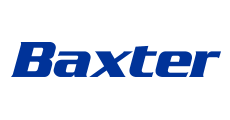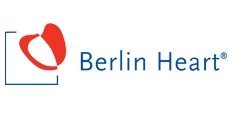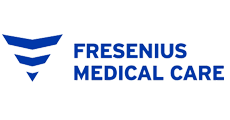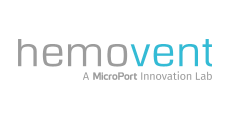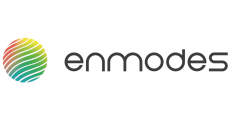Chair: Prof. Joachim Jankowski
Co-Chair: Griet Glorieux
Mission Statement:
Currently, the costs of these diseases are in the range of 500 billion Euros per year, increasing at a rate of ca. 10 % per year.
Recent reports including our own data clearly indicate that a large proportion of renal, cardiovascular and/or cerebrovascular diseases are based on a common background, namely vascular lesions including endothelial cell damage. In fact, this may be detectable in the kidney initially since the kidney has the highest proportion of microvasculature. In later stages of the disease, damage to larger vessels and organs will become evident. Disease progression is enhanced by age, since lesions accumulate during life time and a reduced ability of repair. It is also enhanced by conditions like diabetes mellitus and the metabolic syndrome. As a consequence many renal, cardiovascular, and cerebrovascular diseases can be considered as systemic disorders affecting the (micro)vasculature.
It is currently impossible to cure these diseases at advanced stages. However, treatment can reduce or even stop disease progression. Unfortunately, as mentioned above, a state-of-the-art treatment with the aim to slow disease progression will not be available for all affected patients of the European population without a financial collapse of the public health system. The later treatments begin, the higher will be the resulting costs. In addition, quality of life is gradually reduced in advanced stages of disease. As a consequence, it is imperative to find ways to detect and treat this disease complex in early stages to ensure a higher quality of life for elderly Europeans and to save costs (e.g. anti-inflammatory or anti-hypertensive drugs are much cheaper than dialysis or intensive care after a heart attack or a stroke).
The mission of EUTox is based on these assumptions. Our aim is to prevent renal and vascular disease by
- defining biomarkers that would allow early diagnosis of disease onset,
- identifying compounds that delay or halt disease progression,
- improving therapeutic strategies aimed at prevention of disease and disease progression.
EUTox will develop potential strategies to cope with these challenges and apply these almost immediately in the clinical setting.
One of the most advanced stages of the disease is chronic kidney disease resulting in renal replacement therapy including hemodialysis. As a first step, biomolecules (biomarkers and potential therapeutic targets) will be identified, which appear to be related to renal and vascular disease. Many of these biomarkers represent so-callled uraemic toxins – compounds that are cleared by the healthy kidneys under normal conditions – are retained in kidney disease, and affect biochemical and biological functions inducing complications and decreasing the life span of affected subjects.
The EUTox Consortium aims to accomplish these goals by using a panel of state-of-the-art technologies for analysis of body fluids (blood, dialysis fluid, urine) and tissue (blood vessels….), with emphasis on multi-parametric analyses and proteomics.
Similar experiments are performed using body fluids from patients with less advanced disease stages, and also of unaffected healthy volunteers.
These efforts allow us to define biomarkers for different stages of renal and vascular disease, for disease progression and for the evaluation of therapeutic achievements. In addition, we are identifying compounds contained in the blood, which are consequently in direct contact with the vascular system and may influence disease progression. The identified compounds will be tested in vitro subsequently.
EUTox is composed of renowned clinicians from large clinical centres, leading clinical and basic scientists, highly innovative biotech companies and major medical and pharmaceutical companies. This unique and powerful team puts EUTox in an unsurpassed position to relay results from research to clinical use within very short time frames.
Web address: http://www.uremic-toxins.org/index.html
Contact e-mail: jjankowski@ukaachen.de; griet.glorieux@ugent.be

